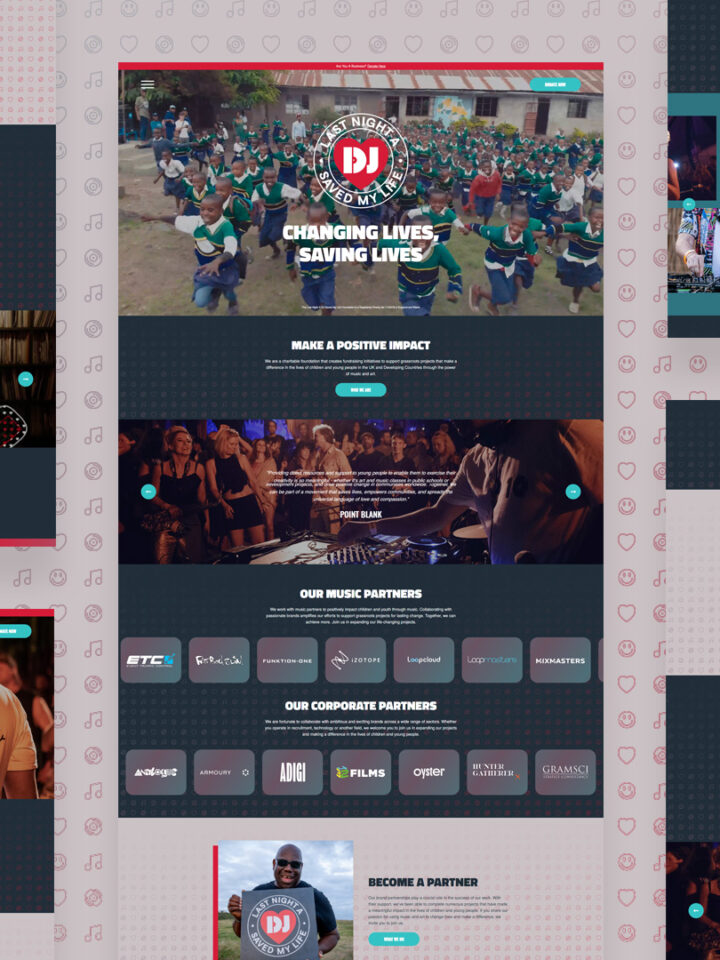Whether a campaign is running and in need of being maintained or if the website is just being set up, there are a number of factors to consider in terms of the SEO of a website. With the digital world evolving rapidly, it’s good to stay up to date and clear as to how SEO currently works and what you could be doing to improve your digital marketing.
Keywords
In the past, ‘on-page’ factors for success were assumed to be packing content full of keywords to the point of making it unreadable and useless to the website as a whole, adding no value. Today, with algorithm changes, there’s a huge shift towards valuable content being rewarded by search engines. Whilst keywords remain important, they’re now important only if they’re relevant. High quality content will be rewarded by receiving favorable rankings.
Backlinks
There appears to be a confusion over backlinks and whether they’re bad for business. The answer remains the same; no, they’re a ranking factor and need to remain a consideration when looking at a digital marketing campaign as a whole. A few years ago, Google encouraged websites to generate as many backlinks as possible to their website from any and every source available. The links were thought to be reflective of the fact the website was a trusted and credible source and was rewarded by a gaining a good ranking.
The system was inevitably abused by spammers who used guest posts and tactics to hugely increase their level of backlinks in order to trick the search engines to think the domain was of a high authority. The search engines got wise to this tactic and began to alter the process so these websites wouldn’t be rewarded for bad practices.
Currently, if there’s backlinks to your website which looks unnatural or low authority could actually result as a penalty for your site.
The old saying ‘quality over quantity’ wins here- instead of aiming to receive a high number of back links from small sites, instead there’s a focus on gaining links from a relevant website to yours, which has a high ranking itself. In fact, one high ranking website with authority in their sector is worth far more to you in terms of a backlink than if you had thousands from old domains, those that don’t regularly update their page, or don’t rank highly themselves.
Page speed
If you’ve ever sat watching the circle spin round indicating the page is loading, you’ll appreciate the frustration that occurs when a website doesn’t load quickly. Some websites with video don’t compress it properly to make it suitable for use on a website, others aren’t optimising it across all platforms. A responsive website in this digital age is an incredibly important tool for your business; studying the Google Analytics of clients websites over recent years, we can report that 455 of the total traffic comes specifically from mobile and tablet devices. With only seconds to make an impression when a user accesses your website, to future proof your website and ensure your retaining customers, you need to ensure your page speed is as quick as possible and your website accessible no matter what device the user is accessing it on.
Content
All these years later and one thing hasn’t changed; content is still king. The base line to all of the above strategies remains that you need to have good content- it will ensure your site is indexed, rank for your keywords and attract users in the first place either by them being a repeat visitor to the website or if they’re directed to the website via a social platform or external links. A website which only offers a homepage and contact page will receive a higher bounce rate as people won’t be as engaged without updated content. It will also encourage repeat visitors to the website as they know fresh content is constantly available. Make sure though that this content is original, duplicate copy will be visible to Google whether this is from someone elses website or your own!
Follow this guide and your website will appear higher in the search engines!




